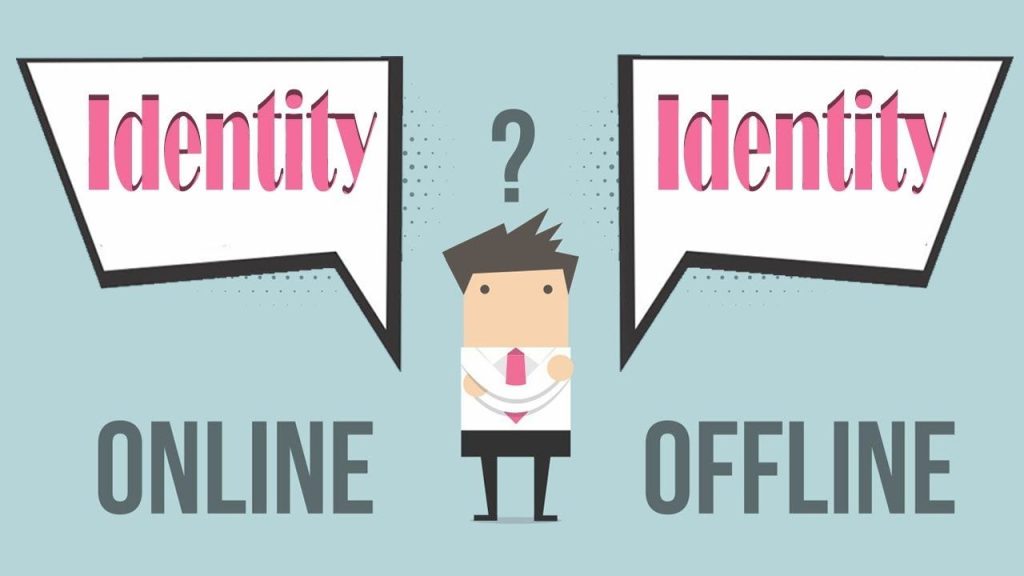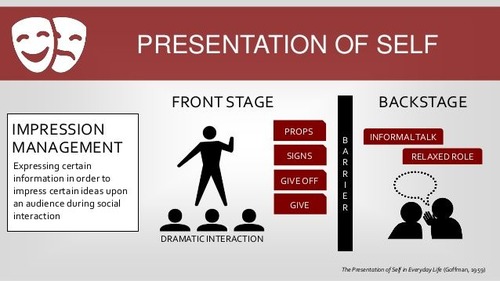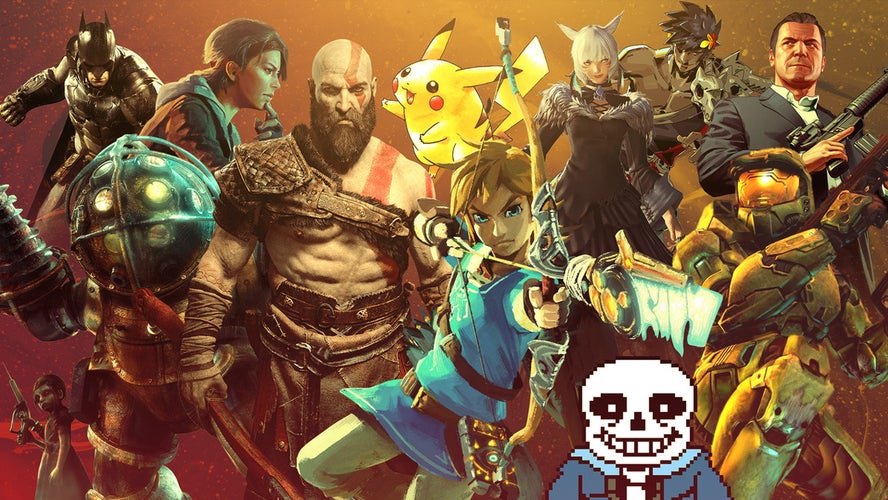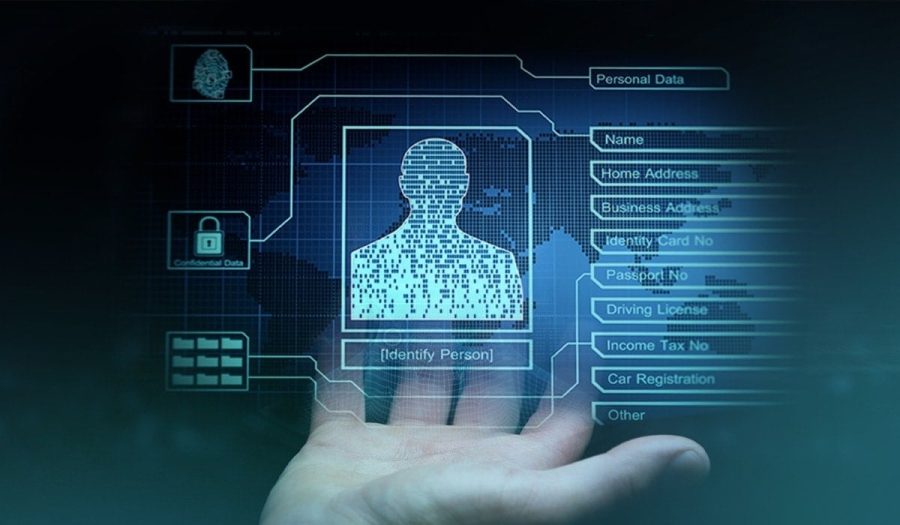
It is essential to understand what “identity” really is before studying at this stage. This word is derived from the Latin root idem, which originally means “the same”. However, the word expresses both similarity and difference, which could be understood as that identity does not only represent the individual itself, but also a category within the social environment in which the identity is situated (Buckingham, 2008). It helps to understand the identity in the digital world, that is, the personal performance of each person in the virtual world and the interaction with the society in which they stay. Moreover, Goffman argues that people as the agent in society interact with society on a daily basis, which is the foundation for social development.

When substituting the above identities into today’s Internet society, individuals have the potential to be vastly different in the virtual and real world. It could be known as the online identity and offline identity. This model is very similar to the Front stage and back stage mentioned by Goffman (1959).

When you use your online identity, no one will care or know who you are, and you can use multiple or anonymous identities to share yourself and release yourself as much as you want, as relaxed as the actors are backstage. But when you use your offline identity, which is living your real life, there are a lot more limitations (appearance, money situation, etc.). Living a routine life, like a theatre actor on stage, saying the same set lines and acting out the same plays. So virtual identities in the digital world do provide the public with a relatively more private and freer environment to express themselves.
Relax by playing a character in the game or chatting with people from all over the world in a chat room. These are the new identities that come to you in the digital world.


Conclusion
However, identities shaped in the digital world are not likely to be able to do whatever they want, especially now in the Internet age. Thanks to the traceability and recordability of the Internet, it will not make this place hard to discipline. But the construction of identity in the digital world allows us now to experience the diversity of the world. This mixed digital world still needs more attention from humans in today’s society.
References:
Buckingham, D., 2008. Introducing identity. MacArthur Foundation Digital Media and Learning Initiative.
Goffman, E. (1959) The presentation of self in everyday life. New York: Bantam Doubleday Dell Publishing Group.


Interesting starting point. I haven’t thought about self identity in games. Comparing to social media i think games are more trying to make players feel like the characters and substitute themselves into the character, which have an initial intension to shape how we behave in game. Where on social medias we don’t have a “plot” for how we should act, but more to follow ourselves on what we want the others to see from us.
The digital age is an age of diversity, where everyone can play different identities. But at the same time there is a need to take care of personal data security in the internet.
This is a really good article, to me life is like a movie, everyone has their own role and itвАЩs up to you how to play it. Precisely because everyone can create a brand new character, there will be many identities/status that are opposite to reality in the Internet era. This is an interesting point of view.
Thank you ! The digital age has made it possible for everyone to do whatever they want online, so it’s important to be safe online as well!